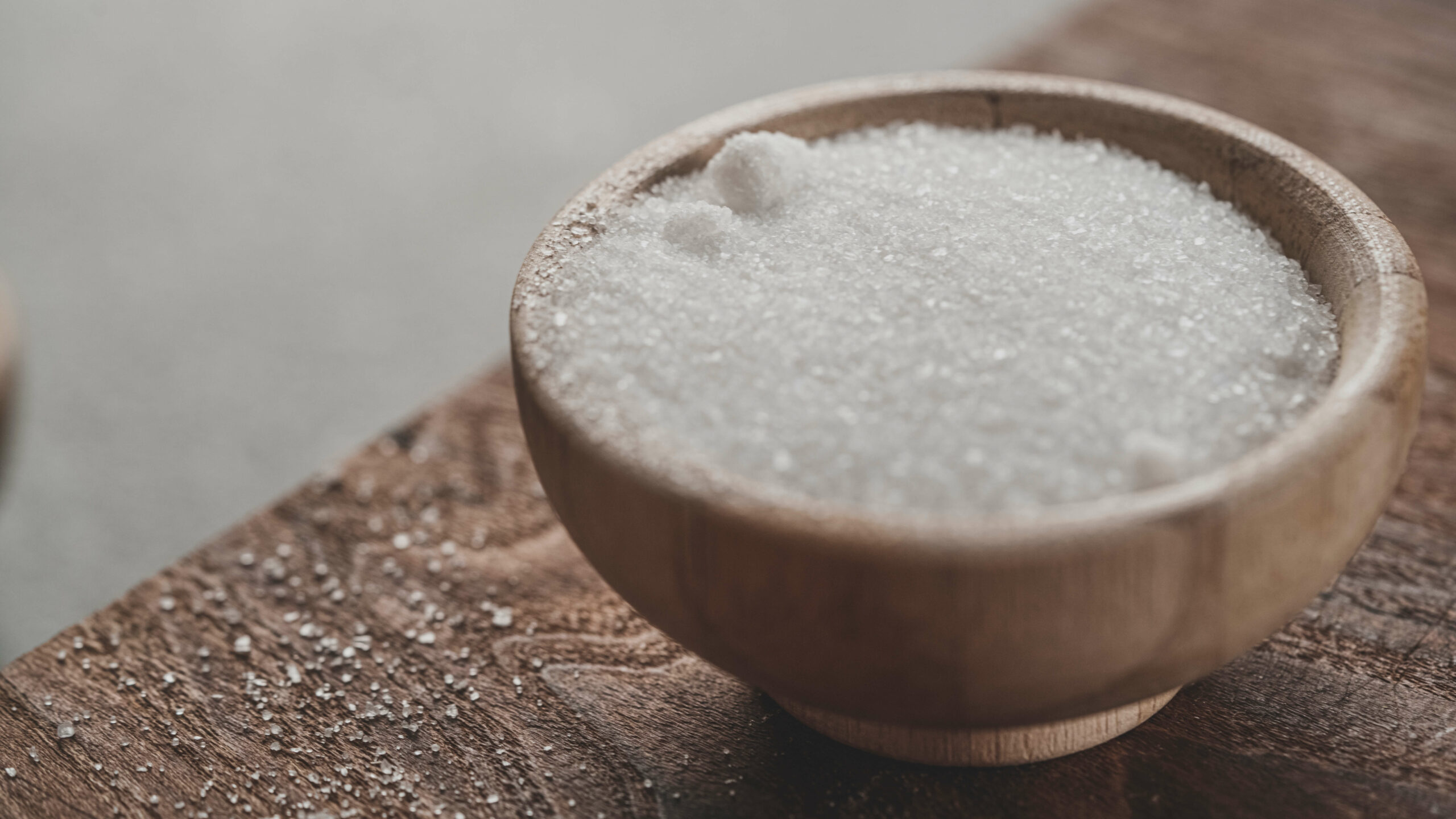START BOOKING YOUR TRIP TO
** Please note that we get a small commission if you book via our referral links. We use this to invest in new foodie content and to update the Greece Foodies website.
Greek salt is a fantastic, versatile ingredient that deserves to be celebrated. It’s a treasure from the sea, harvested and dried in the sun for generations. Greek salt has a rich mineral content that adds flavor to traditional dishes without the need for extra sodium. Add it to your favorite dishes to give them an extra kick of flavor!
Greek salt is an essential part of Greek cuisine and makes food more enjoyable and flavorful. Use it in marinades, sauces, rubs, and anything else you can think of. It will make any dish unique! Greek salt is also perfect for seasoning grilled meats or fish and gives them a unique taste that you won’t find with any other kind of salt.
Why exactly is Greek salt such an essential ingredient?
The human body is primarily made up of salt water. Classic sea salt is required for various bodily activities, including nerve conduction. It is one chemical that is difficult to acquire via our food. Salt has been a valuable commodity for thousands of years throughout human history. In reality, the term salt derives from the Roman word “pay” since soldiers were paid in salt at the time.
Because salt was so expensive in Ancient Greece, it’s assumed that if you trusted it sufficiently, you wouldn’t hesitate to share it. Salt was used all across the globe to enhance the taste of food as well as to help preserve it.
Which are some essential qualities of Greek salt?
All around the globe, salt is mined from the earth and manufactured near seashores. You may wonder why Greek sea salt is popular among chefs and home cooks. Greek sea salt is distinguished by its color, form, texture, and flavor. It is well-known for being incredibly white and pure.
Instead of the granular texture of regular table salt, the dried salt breaks apart into numerous thin and flat crystals.
In which part is it produced?
Greek salt is 100% natural and not chemically processed. Some term it “bio.” However, according to the rules, salt cannot be deemed organic since it originates from the open sea.
The Messolonghi lagoon, which produces the majority of Greek salt, and the Kitros and Messi salt marshes, are habitats protected by the Ramsar Convention on Wetlands of International Importance since 1975 and are part of the Natura 2000 network.
How is it harvested?
Mined salt is still collected using outdated equipment, rinsed, crushed, and packed with little processing. For example, the famed and sought-after “Fleur de sel,” the salt that develops as a thin, fragile crust on the surface of salt water as it evaporates, must be gathered by hand using ancient procedures and instruments.
The first Greek salt without any chemicals
The first salt on the Greek market does not include any chemical additives, flow improvers, or anti-caking agents found in regular salt. It has not been subjected to any iodization processing. It consists of the iodine found naturally in sea salt, which is recognized and absorbed by the human body.
BIOdinami’s Messolonghi sea salt is the first Greek salt with its origin explicitly indicated on the package. It is neither blended with other foreign salts nor a salt “made in Greece.” It always comes from the Messolonghi salterns in Greece.
Usage in cooking
The mineral concentration of sea salts seems to enhance the taste. Table salt typically includes just one kind of sodium, but the mineral content of Greek salt contributes to the flavor’s diversity. Because most Greek cuisine is cooked with natural Greek sea salt, you may want to consider purchasing some to recreate these dishes at home. If a recipe calls for one teaspoon of salt, use one teaspoon of Greek sea salt!
Try Greek salt today for a truly delicious experience! You won’t be disappointed!
















